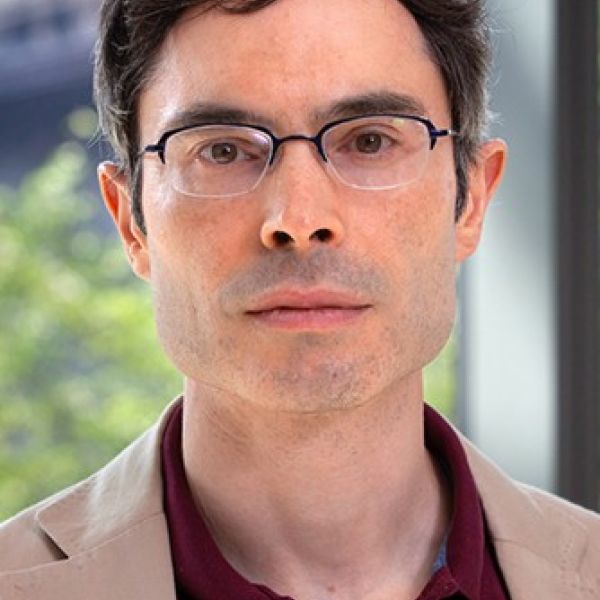By Blaine Friedlander for the Cornell Chronicle
A Cornell Tech expert on blockchain technology testified Jan. 20 before a Congressional subcommittee that digital currency, a notorious energy guzzler, can be validated in more ecologically prudent, greener ways.
Ari Juels, the Weill Family Foundation and Joan and Sanford I. Weill Professor at the Jacobs Technion-Cornell Institute at Cornell Tech, told the Subcommittee on Oversight and Investigations, part of the U.S. House Energy and Commerce Committee, that environmentally friendly cryptocurrency validation methods are swiftly becoming standard.
“If my testimony achieves nothing else today, I would like to drive home one key point: Bitcoin does not equal blockchain,” he said. “The tremendous promise of blockchain technology does not require Bitcoin or its energy-intensive [validation] component called ‘proof of work.’ In fact, some of the most exciting developments in the blockchain industry today are happening outside the Bitcoin ecosystem.”
Juels spoke at the “Cleaning Up Cryptocurrency: The Energy Impacts of Blockchains” hearings, organized by the subcommittee chair Rep. Diana DeGette (D-Colorado) and the ranking member Rep. Morgan Griffith (R-Virginia).
At the hearing, Griffith noted that as more specialized computer hardware is needed to process tokens, there is a demand for more energy, which uses between 110 to 188 terawatts (a terawatt is one trillion watts) of the world's energy – “and annually, more energy usage than some small countries,” he said.
Juels, one of two authors on a 1999 paper that introduced and formalized the term “proof-of-work,” which is a mathematical equation that substantiates a blockchain element. It consumes a lot of electricity for computers to process it.
“Happily, the blockchain community has devised new ways to realize blockchains without proof of work,” Juels said. “The leading alternative, which consumes far less electricity, is called ‘proof of stake.’” He said that the world’s No. 2 cryptocurrency, Ethereum, plans to adopt proof of stake, “as nearly all new blockchain systems use it today.”
At the two-hour hearing, the representatives peppered Juels and other witnesses with questions.
Rep. Paul Tonko (D-New York) said that New York has seen retired carbon-based power plants restart to meet cryptocurrency’s voracious energy needs. He asked Juels about using electricity from renewable sources, as opposed to less-sustainable sources.
“It was noted earlier that [cryptocurrency] mining machines are becoming more energy efficient and that is absolutely the case, but [it is] also an extremely deceptive claim,” Juels said. “In my view, mining rigs are not like light bulbs in our house where efficiency means more efficiency means less electricity use. So to be clear, individual mining rigs are growing more energy efficient, the crypto mining as a whole is becoming less energy efficient.”
Juels explained that more efficient mining equipment did not lead to a more-efficient Bitcoin network, Juels said.
“[Proof of stake] uses essentially the amount of energy for a large network that would be … comparable to a small village, rather than [for] an entire nation,” he said.
“In that sense, there are better uses for the energy that's being poured into the Bitcoin network,” he said. “We can redirect it to almost anything else, if we shift the energy sources being used to maintain blockchains today to something that consumes a negligible amount of energy.”
In addition to his research and teaching at Cornell Tech, Juels has an appointment to the Cornell Ann S. Bowers College of Computing and Information Science.
“The Bitcoin community deserves our deep gratitude for introducing blockchains to the world,” he said. “For the sake of the environment and our energy infrastructure in the United States, I believe that we need to embrace these newer [validation] options.”
This story originally appeared in the Cornell Chronicle



